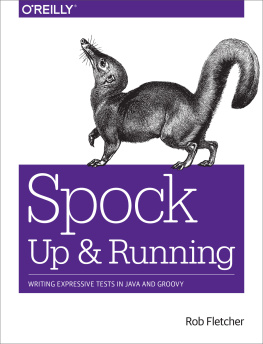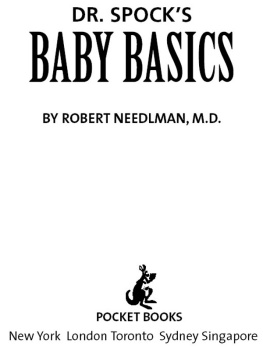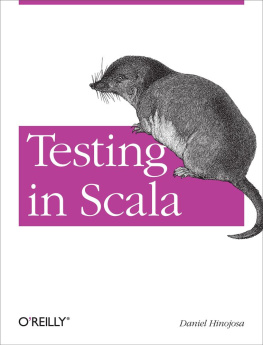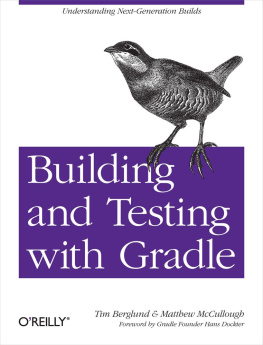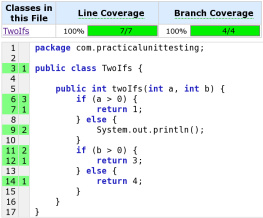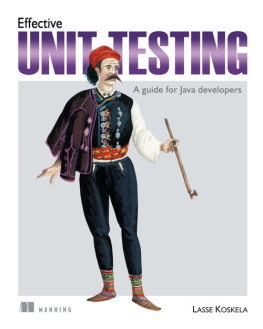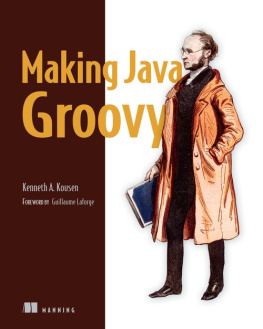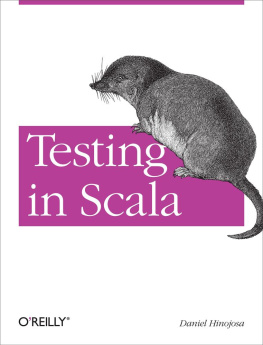Rob Fletcher - Spock: Up and Running: Writing Expressive Tests in Java and Groovy
Here you can read online Rob Fletcher - Spock: Up and Running: Writing Expressive Tests in Java and Groovy full text of the book (entire story) in english for free. Download pdf and epub, get meaning, cover and reviews about this ebook. year: 2017, publisher: OReilly Media, genre: Computer. Description of the work, (preface) as well as reviews are available. Best literature library LitArk.com created for fans of good reading and offers a wide selection of genres:
Romance novel
Science fiction
Adventure
Detective
Science
History
Home and family
Prose
Art
Politics
Computer
Non-fiction
Religion
Business
Children
Humor
Choose a favorite category and find really read worthwhile books. Enjoy immersion in the world of imagination, feel the emotions of the characters or learn something new for yourself, make an fascinating discovery.
- Book:Spock: Up and Running: Writing Expressive Tests in Java and Groovy
- Author:
- Publisher:OReilly Media
- Genre:
- Year:2017
- Rating:3 / 5
- Favourites:Add to favourites
- Your mark:
Spock: Up and Running: Writing Expressive Tests in Java and Groovy: summary, description and annotation
We offer to read an annotation, description, summary or preface (depends on what the author of the book "Spock: Up and Running: Writing Expressive Tests in Java and Groovy" wrote himself). If you haven't found the necessary information about the book — write in the comments, we will try to find it.
Most developers would agree that writing automated tests is a good idea, but writing good, well-structured tests is still an elusive skill for many. For Java and Groovy developers, however, theres good news. This practical guide shows you how to write concise and highly readable tests with Spock, the most innovative testing and specification framework for the JVM since JUnit.
Author Rob Fletcher takes you from Spock basics to advanced topics, using fully worked integration examples. Through the course of this book, youll build a simple web applicationSquawkerthat allows users to post short messages. Youll discover how much easier it is to write automated tests with Spocks straightforward and expressive language.
Rob Fletcher: author's other books
Who wrote Spock: Up and Running: Writing Expressive Tests in Java and Groovy? Find out the surname, the name of the author of the book and a list of all author's works by series.

